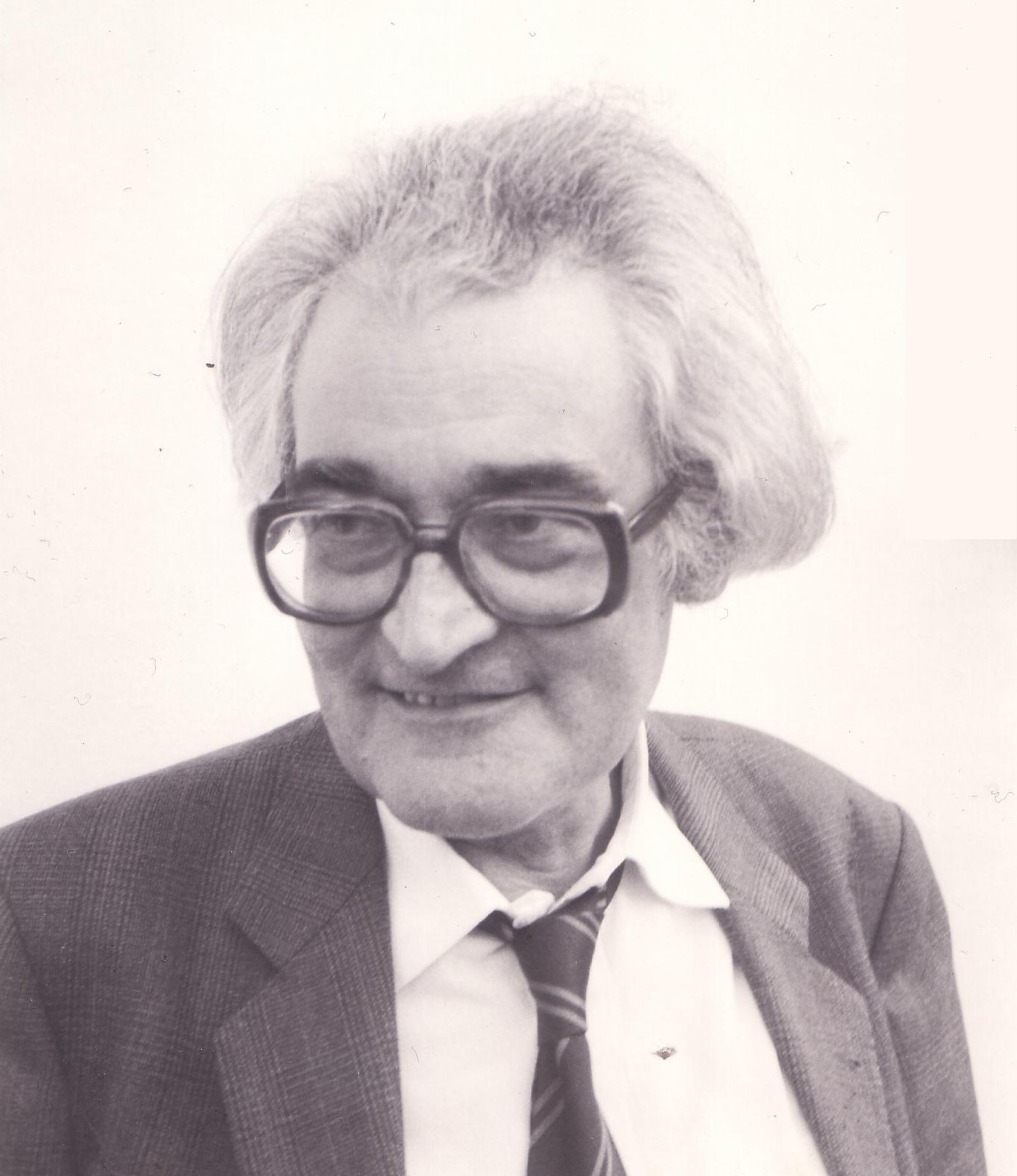
Carl Dahlhaus
Carl Dahlhaus (10 June 1928 – 13 March 1989) was a German musicologist who was among the leading postwar musicologists of the mid to late 20th-century.[1] A prolific scholar, he had broad interests though his research focused on 19th- and 20th-century classical music, both areas in which he made significant advancements.[2] However, he remains best known in the English-speaking world for his writings on Wagner. Dahlhaus wrote on many other composers, including Josquin, Gesualdo, Bach and Schoenberg.
"Dahlhaus" redirects here. For other uses, see Dahlhaus (surname).He spent the bulk of his career as head of the Berlin Institute of Technology's musicology department, which he raised to an international standard. Dahlhaus pioneered the development of numerous musicological fields, particularly the aesthetics of music, which he raised to a central status. Active as a historian, analyst, editor and organizer, he was massively influential and his work has since incited considerable discussion and debate.
Musicological scholarship[edit]
Dahlhaus wrote 25 books, more than 400 articles, and contributed to 150 other works on a wide range of subjects.[4] The majority of these were on the history of Western music and particularly that of the 19th century, i.e. Romantic music. Composers whose music he wrote on include Josquin, Gesualdo, Bach and Schoenberg.[6] 19th- and 20th-century classical music were also regular topics.[6] All of his major works were written in German; the history of Western music he left incomplete would have been his first English publication.[3]
He was very interested in the work of Richard Wagner and remains best known English-speaking world for his writings on Wagner.[7] Other topics he regularly engaged in include music theory, the aesthetics of music, and the prehistory of "new music".[4]
Legacy[edit]
Towards the end of his life, Dahlhaus was the most eminent and influential musicologist of his generation, with his works continuing to incite considerable discourse, discussion and controversy.[2] He expressed himself not only as a musicologist, but as a historian, analyst, editor and organizer.[2] His achievements include encouraging new interest in 19th-century music,[2] particularly through his 1989 Nineteenth-Century Music publication.[8]
His diverse interests allowed legitimized various musicological subfields, and broadened the discipline considerably. J. Bradford Robinson gives "systematic musicology, institutional history [and] salon music" as examples of newly accepted topics due to his influence.[2] He was a principal proponent in raising aesthetics as a topic in the forefront of musicology.[4][2] In addition, he helped establish a coherent narrative for 20th-century classical music.[2]